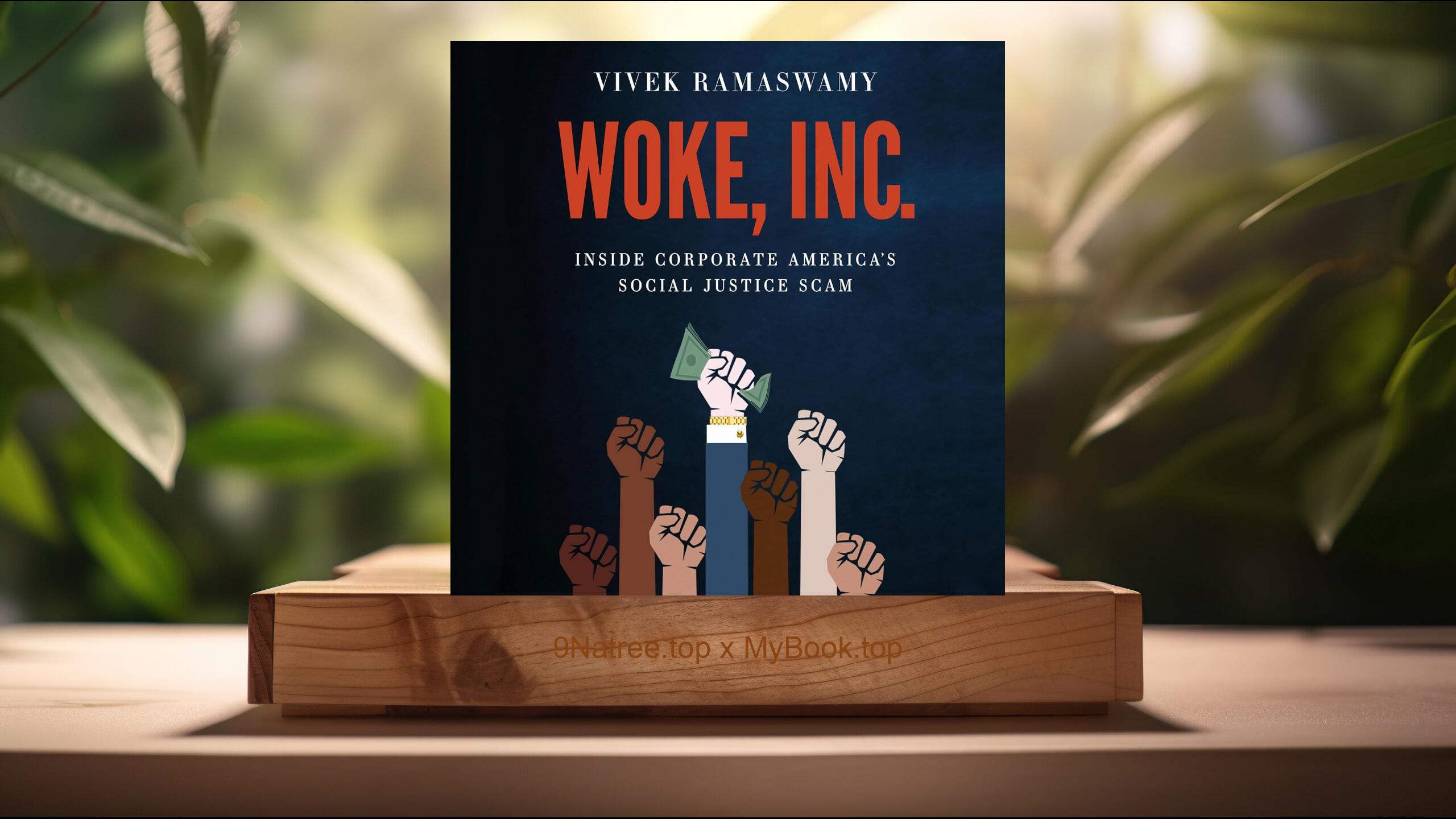Show Notes
- Amazon US Store: https://www.amazon.com/dp/B08DBJTH3M?tag=9natree-20
- Amazon Worldwide Store: https://global.buys.trade/Change-Your-Paradigm-Change-Your-Life-Bob-Proctor.html
- Apple Books: https://books.apple.com/us/audiobook/change-your-paradigm-change-your-life/id1643295584?itsct=books_box_link&itscg=30200&ls=1&at=1001l3bAw&ct=9natree
- eBay: https://www.ebay.com/sch/i.html?_nkw=Change+Your+Paradigm+Change+Your+Life+Bob+Proctor+&mkcid=1&mkrid=711-53200-19255-0&siteid=0&campid=5339060787&customid=9natree&toolid=10001&mkevt=1
- Read more: https://mybook.top/read/B08DBJTH3M/
#personaldevelopment #BobProctor #changingparadigms #visualizationtechniques #overcomingfear #subconsciousmind #habitformation #selfimprovement #ChangeYourParadigmChangeYourLife
These are takeaways from this book.
Firstly, Understanding Paradigms, Bob Proctor defines paradigms as a multitude of habits that have been fixed in our subconscious minds over years of repeated behavior. These paradigms shape our reality, influencing how we perceive the world around us and how we act within it. From our work ethic to our self-esteem, the unseen hand of our paradigms guides much of our lives. Proctor illuminates the origin of paradigms, tracing them back to our early conditioning from family, society, and our experiences. He explains that while paradigms are powerful, they are not permanent. Understanding that you can challenge and change your paradigms is the first step toward any significant life change. Proctor uses relatable examples and clear analogies to help readers grasp the concept of paradigms and their pervasive influence on our daily lives.
Secondly, The Power of Visualization, Bob Proctor places a significant emphasis on the power of visualization as a tool for paradigm change. He argues that by visually imagining the life we desire, we start to recondition our subconscious mind towards achieving those dreams. Visualization is not mere daydreaming but a focused and purposeful exercise that taps into the creative powers of the subconscious. By consistently visualizing our goals, we imprint new success-oriented images into our mind, gradually shifting our existing paradigms. Proctor provides practical steps and exercises to enhance the effectiveness of visualization, encouraging readers to create vivid, detailed mental images of their desired outcomes. This section deeply explores the scientific and psychological basis behind visualization, offering readers a roadmap to harnessing this powerful technique for personal transformation.
Thirdly, The Role of Discipline and Habit, Changing paradigms requires more than just understanding them; it demands discipline and the creation of new habits. Bob Proctor delves into the twin pillars of discipline and habit as essential components in the paradigm shift process. Discipline, as Proctor describes, is the bridge between goals and accomplishment. It involves making choices that align with our goals, even when those choices are difficult or uncomfortable. Habits, on the other hand, are the actions we take consistently, which eventually form our new paradigms. Proctor outlines strategies for developing discipline and forming new habits that support our desired paradigm. He emphasizes the importance of consistency and persistence, citing that new habits can take time to form but are essential for lasting change. Through engaging stories and actionable advice, Proctor shows how discipline and habit can transform our lives.
Fourthly, Facing and Overcoming Fear, One of the most significant barriers to changing our paradigm is fear. Fear of failure, fear of the unknown, and even fear of success can keep us rooted in our current paradigms. Bob Proctor tackles this topic head-on, offering insight into the nature of fear and strategies for overcoming it. He explains that fear is often a product of our paradigms, a protective mechanism that keeps us within the bounds of what is familiar. Proctor provides readers with tools to recognize fear-based thought patterns and shift their focus towards love and abundance. He advocates embracing fear as a signal for growth, pushing readers to confront their fears as a necessary step in changing their paradigms. Through inspirational anecdotes and practical advice, Proctor equips readers with the courage to face their fears and the wisdom to see beyond them.
Lastly, The Impact of Environment on Paradigms, Our environment plays a crucial role in shaping and reinforcing our paradigms. Bob Proctor dedicates a section of the book to exploring how our surroundings, from the people we interact with to the media we consume, influence our paradigms. He stresses the importance of curating an environment that supports positive paradigm shifts. This includes surrounding ourselves with individuals who uplift and inspire us, engaging in activities that feed our souls, and consuming content that enriches our minds. Proctor provides guidance on conducting an 'environment audit' to identify and eliminate negative influences. He also offers suggestions on building a supportive community and creating spaces that foster growth and creativity. By carefully choosing our environment, Proctor argues, we can facilitate the paradigm shifts necessary for achieving our fullest potential.
![[Review] Change Your Paradigm, Change Your Life (Bob Proctor) Summarized](https://episodes.castos.com/660078c6833215-59505987/images/1828091/c1a-085k3-qdr30o0vb6v0-hqjnpv.jpg)




